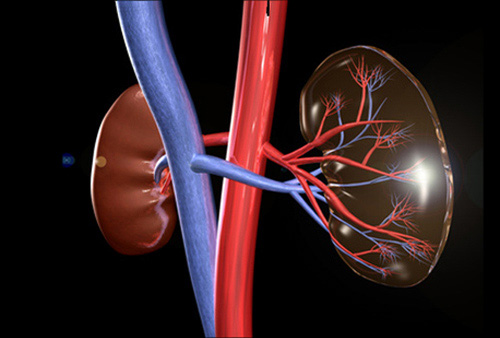
Non-invasive diagnostics maker CareDx, which focuses on early detection of organ rejection in kidney and heart transplant patients, announced its blood-based test AlloSure has received a positive draft Local Coverage Determination (dLCD) for Medicare coverage in both kidney and heart transplant patients.
The coverage decision was issued by Palmetto GBA, a Medicare administration contractor that is responsible for assessing molecular diagnostics (MolDx) and evaluated AlloSure.
“AlloSure provides additional insights into antibody mediated rejection in heart transplant patients, an indication that is growing in our patient population,” said Jonathan Kobashigawa, M.D., medical director in the heart transplant program at Cedars-Sinai Medical Center, Los Angeles. “When paired with AlloMap, we have a strong tool for patient surveillance through the life of their allograft.”
The dLCD should pave the way for non-invasive monitoring of patients who have received either a transplant to treat end-stage heart and kidney disease. Last year, there were 21,167 kidney transplants and 3,408 heart transplants completed in the U.S.
While there have been significant advances over the years in reducing acute organ rejection and improving short-term allograft survival, long-term allograft and patient survival have remained largely unchanged.
Shortly after the advent of organ transplantation, the importance of organ rejection and immunosuppression were recognized as significant factors in patient survival. Immunosuppressive therapies for heart disease have played a role in one-year survival and overall increases in median survival after a heart transplant, but challenges related to immunosuppression over the longer periods of time have limited improvements in long-term survival in both cardiac transplant and renal allograft patients. Failure rates over five years are in the 20% to 30% range.
Finding the balance of the right level of immunosuppression for each patient has been a challenge: too little immunosuppression can lead to rejection, but too large a dose of immunosuppression therapies carry other health implications including infection and renal insufficiency.
Currently, the gold-standard diagnostic method for graft assessment to help guide treatment via immunosuppressants, but this requires a tissue biopsy and carries significant health risks. Further, a tissue biopsy can only provide clinicians with a graft assessment of single point in time.
“In 2018, there were 21,167 kidney transplants and 3,408 heart transplants,” Palmetto noted in its published dLCD.
And that is where AlloSure comes in. The blood-based test is non-invasive and measures the level of donor-derived cell-free DNA (dd-cfDNA) released into the blood stream. CareDx’s AlloSure measures the dd-cfDNA as a biomarker indicative of rejection.
The assay is a targeted next-generation sequencing assay that uses 266 single-nucleotide polymorphisms (SNPs) to accurately quantify dd-cfDNA in transplant recipients without separate genotyping of donor or recipient. The assay quantifies the fraction of dd-cfDNA in both unrelated and related donor-recipient pairs and can be completed within 3 days of peripheral blood collection.
“We have some strong early experience with HeartCare where clinicians are seeing the value of AlloSure and AlloMap in patient management,” said Peter Maag, CEO of CareDx. “MolDX’s draft coverage underscores the value we bring to transplant patient care.”











